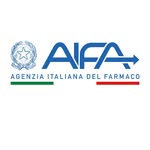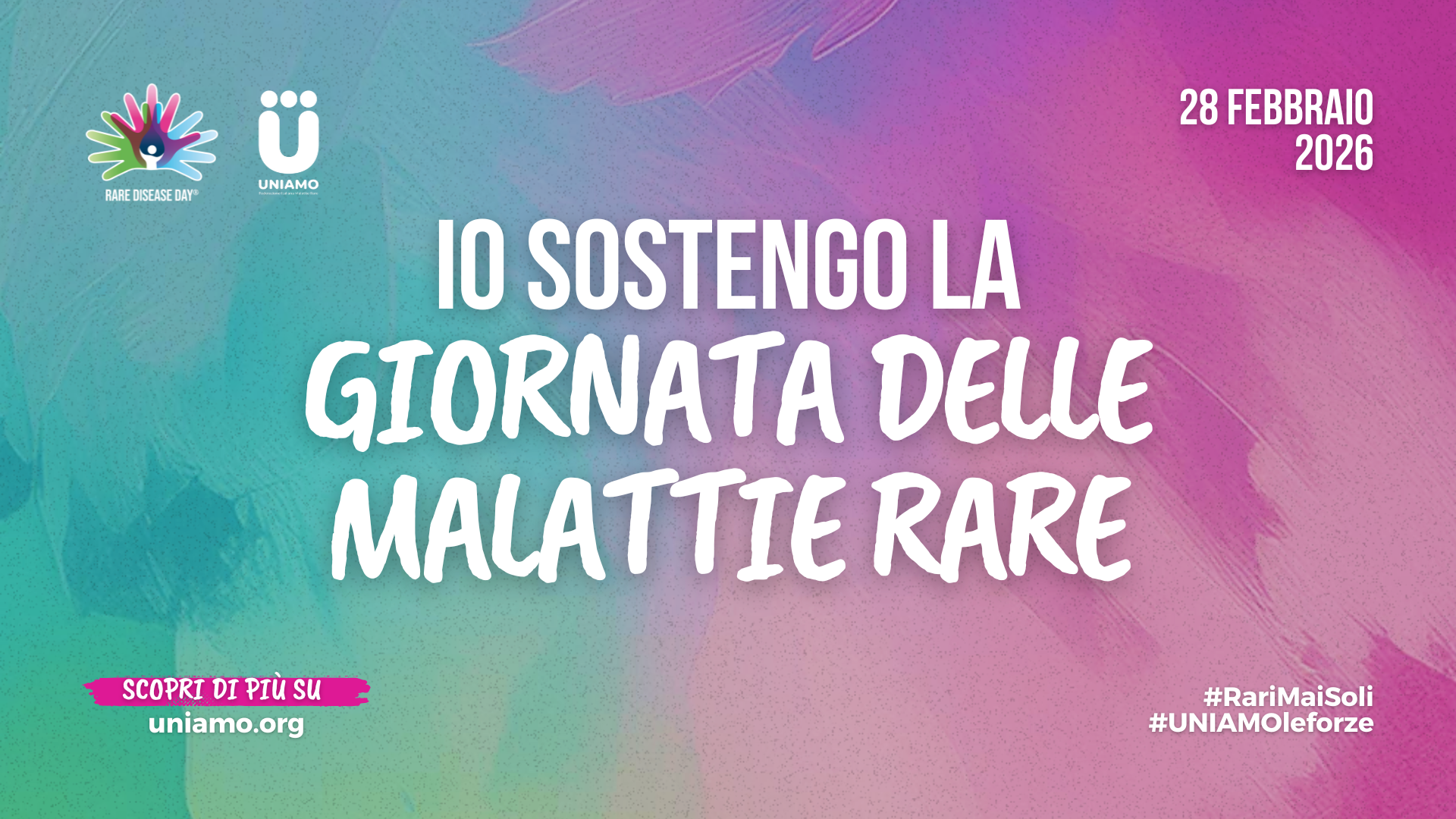.png) Agenzia Italiana del Farmaco
Agenzia Italiana del Farmaco
Cosa fare quando un farmaco è mancante
AIFA provides below some useful information on how to manage cases in which a medicine requested by the patient is "missing" in the distribution circuit for the pharmacy. A medicine can be "missing" due to two distinct phenomena, that require different pharmacist support to help the patient: shortage and unavailability.
In the case of a "missing" medicine, for which it is necessary to support a patient, it is first essential to check the missing medicine’s presence on the list of shortage medicines, which is updated at least twice a week.
1. If the drug is on the list of shortage medicines
a) For alternative treatment, it is advisable to contact the specialist or general practitioner (GP): in this case, equivalent medicines or therapeutic alternatives are available on the Italian market, which the specialist doctor or general practitioner can evaluate to ensure therapeutic continuity for the patient.
In the case of specific and justified situations, in which the specialist doctor or the GP deem it necessary to import the deficient medicine, it is possible to activate the import procedure; in these cases, if the doctor or the patient needs clarification or information, they can contact the Product Quality and Contrast to Pharmaceutical Crime Office at the address below
farmacicarenti@aifa.gov.it
b) Import authorization is issued to health facilities for analogues authorized abroad: in this case, the AIFA authorizes the import of similar medicines authorized and marketed abroad to ensure therapeutic continuity for patients. The import procedure can be activated by the specialist doctor or the GP and is subsequently managed by the hospital pharmacy or ASL competent for the area.
The form to activate the import procedure can be downloaded from the "Shortages forms" page.
In these cases, if the doctor needs clarification or information, he can contact the Product Quality and Contrast to Pharmaceutical Crime Office at the address below farmacicarenti@aifa.gov.it
c) Issued determination for import to the MAH: in this case, the shortage medicine has been imported by the MAH and is dispensed during the waiting period by the hospital pharmacy or ASL competent for the area upon presentation of the doctor's prescription and, in some cases, a declaration of the irreplaceable nature of the medicinal product. In these cases, the pharmacist can refer patients, for any clarifications, to the Product Quality and Fighting Pharmaceutical Crime Office at the address below: farmacicarenti@aifa.gov.it
It should be noted that, in cases b) and c), the imported packages, even if intended for home therapy, cannot be dispensed by conventional pharmacies but exclusively by ASL and/or structures competent for the territory, unless a specific competent region decides to activate, in the case of packages imported by the owner, a method of distribution on behalf (DPC).
Therefore, the patient should identify, referring to their ASL/ATS, the competent structure for the area in charge of carrying out the distribution of medicines imported due to shortages. In some cases, the distribution is delegated to hospital pharmacies. In the event of difficulty in identifying the competent structure, the patient can contact the regional referent identified for the management of shortages. The list of regional contacts is published on the page of the AIFA website dedicated to medicine shortages and unavailability.
2. If the drug is not on the list of shortage medicines
If the "missing" medicine is not present in the list of shortage medicines published by the AIFA, the pharmacist must contact at least three wholesalers in their area to confirm the medicine's true unavailability.
Once it has been confirmed that the medicine is unavailable, for many medicines, it is possible to use the contacts made available by the MA holders for emergency requests. In the event that a medicine is not available in the distribution network, the direct supply procedure can be activated in accordance with the provisions of article of art. 105-paragraph 4 of the Legislative Decree 24 April 2006, n. 219, which provides that the MA holder “is obliged to supply within forty-eight hours, upon request from pharmacies, including hospitals, or from the points of sale of medicines provided for by article 5 of the decree-law of 4 July 2006, n. 223, converted, with modifications, by the law 4 August 2006, n. 248, a medicine that is not available in the regional distribution network ".
If the owner does not send the direct order, please send a report to farmacicarenti@aifa.gov.it, preferably documenting the non-supply, to allow the AIFA to conduct verification and intervention.
The list of contacts, made available by the MA holders for emergency requests, is periodically updated by the AIFA, which promptly shares the updated document with stakeholders for forwarding to the pharmacy network.
3. Reports from pharmacy and patients and list of regional contacts (representatives)
If a medicine that is not on the AIFA's list of shortages is not available in the area, pharmacists (and, through them, patients) can send a report pursuant to art. 105, c. 3bis of Legislative Decree 219/06 to the referents of the region or the autonomous province, directly or through the trade associations, for the assessments and the necessary interventions, and possible forwarding to the Ministry of Health and the AIFA in the case of problems of potential national interest.
The following is a list of representatives for the regions and autonomous provinces.
Regione Piemonte: settore.farmaceutico@regione.piemonte.it
Regione Valle d'Aosta: farmacia@ausl.vda.it
Regione Lombardia: ida_fortino@regione.lombardia.it
Provincia Autonoma di Bolzano: gesundheitssteuerung@provinz.bz.it
federica.bonizzi@provincia.bz.it (for knowledge)
Provincia Autonoma di Trento: settorefarmaceutico@apss.tn.it
Regione Veneto: assistenza.farmaceutica@regione.veneto.it
Regione Friuli Venezia Giulia: info@federfarmafvg.it
farmaceuticasalute@regione.fvg.it
Regione Liguria: farmaceutica@alisa.liguria.it
direzione.sanitaria@alisa.liguria.it
Regione Emilia Romagna ERSalute@Regione.Emilia-Romagna.it
Urp@Regione.Emilia-Romagna.it
Regione Toscana: claudio.marinai@regione.toscana.it
Regione Umbria: mrossi@regione.umbria.it
Regione Marche: assistenza.farmaceutica@regione.marche.it
regione.marche.assistenzafarmaceutica@emarche.it
Regione Lazio: dricagni@regione.lazio.it
Regione Abruzzo: dpf003@regione.abruzzo.it
Regione Molise: urp.cardarelli@asrem.org
antonella.lavalle@regione.molise.it
urp@asrem.org
Regione Campania: adriano.cristinziano@ospedalideicolli.it
dg04.farmaceutica@regione.campania.it
Regione Puglia: f.colasuonno@regione.puglia.it
Regione Basilicata: mariarosaria.puzo@regione.basilicata.it
Regione Calabria: marianna.veraldi@regione.calabria.it
vittoria.borzumati@regione.calabria.it
farmaceutica.salute@regione.calabria.it
Regione Sicilia: farmaco.vigilanza@regione.sicilia.it
Regione Sardegna: san.dgsan6@regione.sardegna.it
alesmura@regione.sardegna.it
fdecannas@regione.sardegna.it
AIFA: farmacicarenti@aifa.gov.it
Furthermore, please note that in the event that a medicine not present in the list of temporarily shortage medicines is not available in the distribution network, pharmacists can activate the supply procedure through the contacts made available by the MA holders for emergency requests. In accordance with the provisions of art. 105 paragraph 4 of the Legislative Decree 24 April 2006, n. 219, which provides that the MA holder "is obliged to provide within forty-eight hours, at the request of pharmacies, including hospitals, or medicine selling points provided in article 5 of the decree-law of 4 July 2006, no. 223, converted , with amendments, by law no. 248 of 4 August 2006, a medicine that is not available in the regional distribution network".







